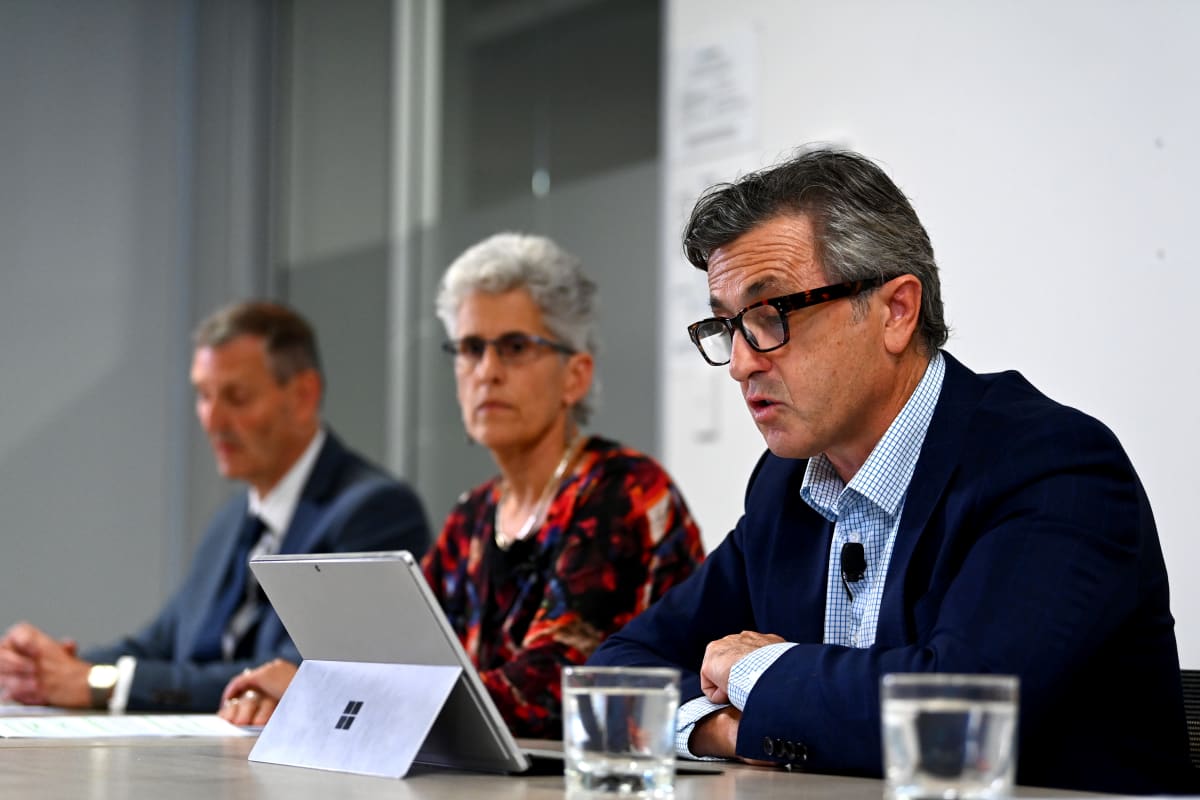
This article first appeared on rnz.co.nz and is republished with permission
A new report on how our top cyclists are managed highlights favouritism, failings at the sport's HQ in Cambridge and an over emphasis on medals over athlete welfare.
An investigation into the high performance programme at Cycling New Zealand suggests the high performance model is broken and needs to be "reimagined".
Commissioned after the suspected suicide of Olympic cyclist Olivia Podmore in August last year, the findings and recommendations of the 104-page report have been released.

The report produced by a four-person panel led by Michael Heron QC, followed a separate review in 2018 which highlighted a culture of bullying, poor behaviour, lack of accountability and dysfunctional high performance programme.
While noting most of the recommendations from the 2018 report had been implemented, this latest report highlighted the need for further improvement in relation to athlete wellbeing and found ongoing issues within the programme.
Those included favouritisim, a "fragmented" culture at the programme's base in Cambridge, a lack of transparency, and issues relating to medical care and support for women's health.
The report also mentioned a high level of distrust between CNZ and High Performance Sport NZ (HPSNZ), and said many of those interviewed believed the high performance model as a whole did not give "sufficient priority" to athlete wellbeing.
Both CNZ chair Phil Holden and HPSNZ chief executive Raelene Castle accepted the findings.
Holden called the report "a forthright look at Cycling New Zealand and how it has been running its high performance programme."
"There are many issues that must be addressed, such as favouritism, non-disclosure agreements and the welfare and wellbeing of athletes, especially women," he said.
"The next step is to discuss the recommendations with the people directly affected by them - the athletes, our staff, our member organisations, sponsors, and the wider cycling community.
"The report shows there is much more to do to. The Board is committed to urgent change, to publishing its plan and being accountable for results."
Holden confirmed CNZ had appointed former NZ Olympic Committee chief executive Kereyn Smith in the role of transformation director for an initial 12-month period.
"All staff will report to [Kereyn]. She will also sit on the Board," he said.
"Her role will be to work across the whole organisation - with the Board, staff, contractors and athletes - to collectively drive the transformation and support implementation of the recommendations in the report."
Castle said she was committed to building on the wellbeing support already in place for individuals and the environments within the high performance system.
"Wellbeing and performance are not mutually exclusive and must be considered together.
"Our 2024 Strategy features Wellbeing and Engagement as a key pillar and we have made moves towards system-wide change."
The report made a number of recommendations for both organisations.
For CNZ, it suggested making wellbeing more central to the high performance programme, improving communication and transparency, reviewing the centralisation of the programme in Cambridge and changing recruitment processes, including increasing the number of women employed.
The report's recommendations for HPSNZ included a culture change which recognised there was no 'one size fits all' approach to wellbeing, a focus on centralisation and its effect on athlete wellbeing and the need for an athlete body with organisational and financial independence from governing bodies.
It also suggested more focus on a funding model which prioritised wellbeing.
The report did not consider circumstances surrounding Podmore's death, which were the focus of a coronial inquiry.
Heron, panel member Sarah Leberman, Castle and Holden met Podmore's family before the public release of the report and gave them an opportunity to discuss its contents.







